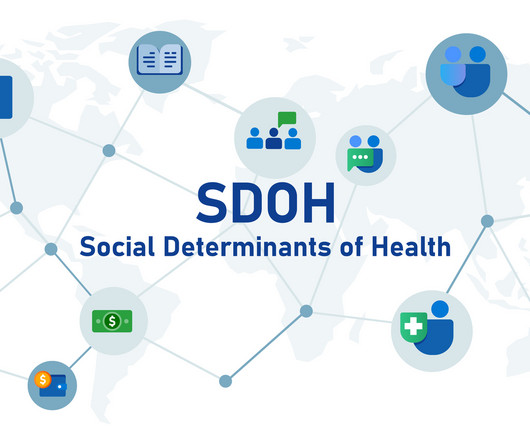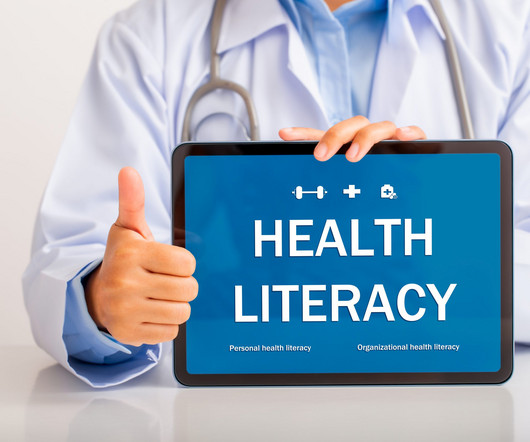The Importance of Effective Communication in Nursing
University of St. Augustine for Health Sciences
MAY 20, 2024
To be a successful healthcare provider, clinical nurse or nurse leader, you need exceptional communication skills—and you need to be able to use them during high-stress situations. Why Is Communication Important in Nursing? Below, we explore 10 communication skills that are important for nurses.
















Let's personalize your content